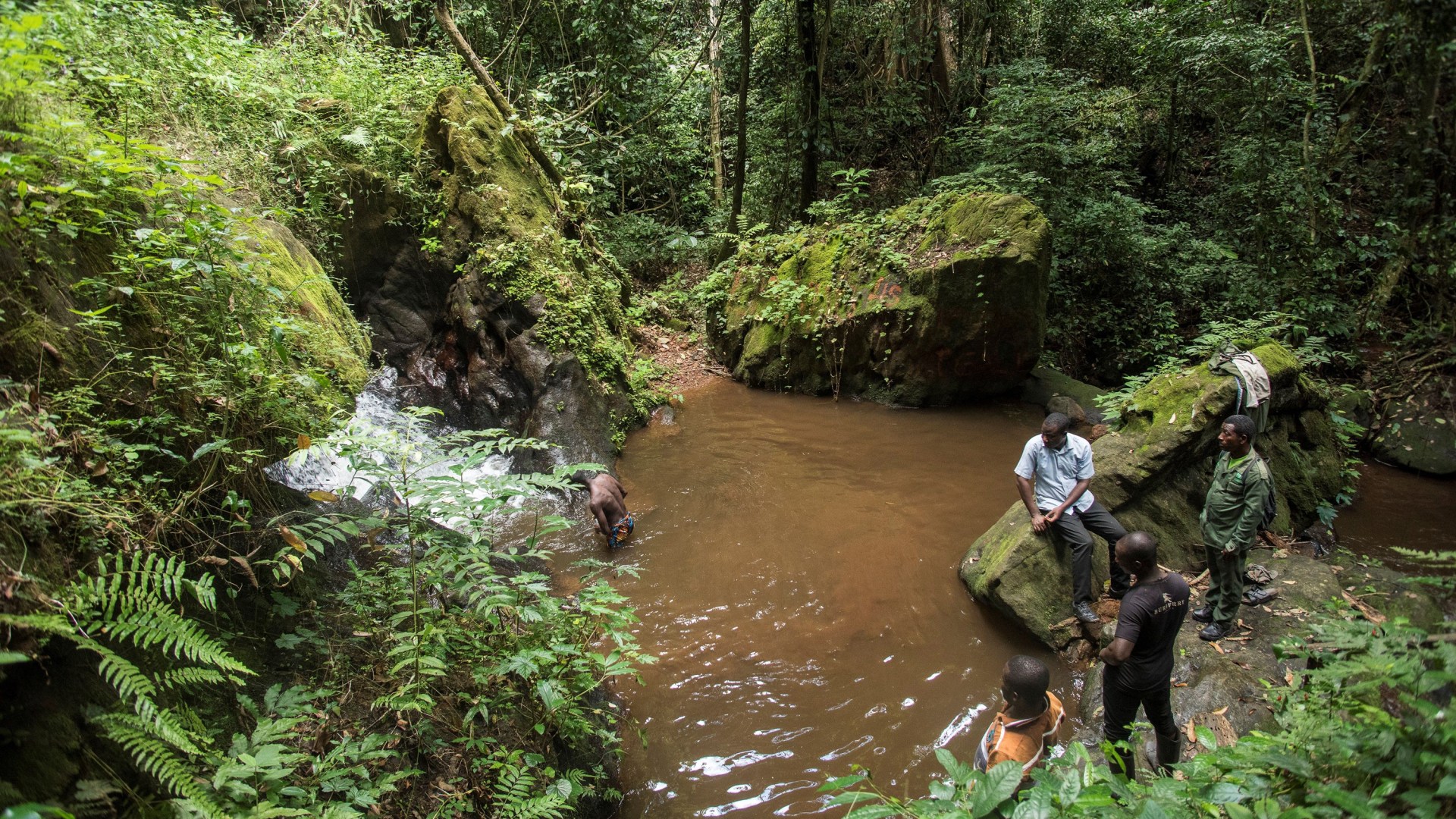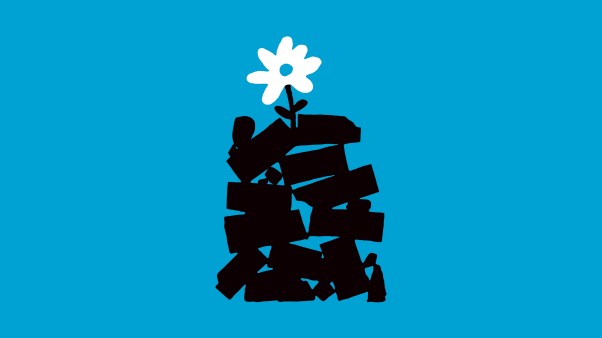A Christian conservation group is fighting the Ghana government in court over plans to mine bauxite in the Atewa Range Forest Reserve. The protected highland forest north of the capital, Accra, is home to more than 700 species of butterflies, 239 different birds, and 1,134 plants and also provides water for millions of people.
The government reportedly granted a license to the Chinese state-owned Sinohydro Corp. to mine bauxite and build a refinery for the production of aluminum to pay back a $2 billion loan for infrastructure projects across the country. Experts say the mine would be catastrophic for plants and wildlife, not to mention the climate and clean water.
“We thought that if we didn’t take this step of faith, then we would not have acted well as Christians who are stewards of God’s creation,” said Seth Appiah-Kubi, the national director of A Rocha Ghana. “We’ve done all we’ve done because we are Christians.”
A Rocha Ghana is leading the legal challenge, joined by six other civil society groups and four private citizens. The case was filed three years ago and made its way to the Accra High Court in February. The conservation group has never filed suit before.
“Even though we’ve done advocacy and campaigns as part of our work, this is the first time we’ve taken legal action,” Appiah-Kubi said. “It’s a big learning curve.”
Appiah-Kubi was the first witness when the hearing began February 6. He was cross-examined by a state lawyer for two days.
The conservation group and the other plaintiffs argue that mining the forest for bauxite would violate Ghana’s constitution, which protects citizens’ rights to a clean and healthy environment.
“Atewa Forest is a water tower. Many rivers take their source from there, supplying water to many communities,” Appiah-Kubi told CT. “So, the right to clean water that we know bauxite mining would destroy is the right of the ordinary citizen of Ghana.”
The mountain range and its forests cover more than 56,000 acres. Atewa’s status as a forest reserve, however, affords it little protection, and the plaintiffs want the area converted into a national park. They also want the nation’s high court to order parts of it that have already been damaged by prospecting teams to be restored.
Appiah-Kubi told the court that A Rocha Ghana had tried to engage the Ghana Integrated Aluminum Development Corporation during several meetings in the past, but before the parties could reach agreement, the company publicly announced its intentions to target Atewa Forest and two other areas for bauxite.
“They went ahead to commission a reconnaissance and exploration activity at the forest which was carried [out] without due legal processes, destroying part of the forest. And these activities are the pre-events for actual mining,” he said on the witness stand. The government disputes that claim.
If the court challenge fails and bauxite mining goes ahead, there’s no question it will harm Ghana’s only highland forest. The extent of the damage, though, is hard to predict. Atewa is one of the most understudied forests in West Africa, and scientists working in it are still surprised at what they don’t know.
Two years ago, for example, British scientists unexpectedly flushed a huge bird of prey from its daytime roost. It turned out to be a Shelley’s eagle-owl, an elusive predator that hadn’t been seen in Ghana for 150 years.
One of the scientists, Robert Williams, got a photograph—one of the only ones ever taken of the bird.
“There are surely more treasures and surprises to be found there,” Williams told CT. “Forests across West Africa have been decimated over the last century and the wildlife severely diminished.”
Preserving the wildlife in Atewa should be a national and international priority, according to Williams.
“As the world wakes up to the climate and biodiversity crises, it is vital to protect what remains of Africa’s natural heritage,” he said.
One species that will almost certainly be wiped out by bauxite mines in Atewa is the recently discovered Atewa slippery frog. A team of West African and international scientists discovered it just months before Williams’s sighting of the eagle-owl. It lives only in a handful of clear-running streams in an area earmarked for mining.
Nathaniel Annorbah, a lecturer in the school of natural and environmental sciences at Ghana’s University of Environment and Sustainable Development, was thrilled to hear of the rare sighting of the eagle-owl. He knows what it’s like to encounter rarities in Atewa. He once heard an African broadbill there. The small, perching bird with a streaked chest has a frog-like call that is rarely heard elsewhere in Ghana.
But for Annorbah, the clearest reason to protect the forest from bauxite mining is the water. That’s why, he said, most Ghanaians support A Rocha’s lawsuit.
“The forest provides water to millions of both rural communities and city dwellers in the nation's capital,” he said. “Opposition to the planned destruction of the forest is the rational thing to do.”
If the mining goes forward in Atewa, bulldozers and scrapers will start removing the mountaintops. They will remove one to two meters of topsoil, then extract the layer of ore.
“The mountain peaks are where the bauxite is,” Appiah-Kubi said. “They’ll be dug down. This habitat would be destroyed.”
According to A Rocha, there are other less-sensitive places where bauxite can be mined. The conservation group has been clear it does not oppose all mining.
“Over 82 percent of Ghana’s bauxite can be mined without compromising the existence of the Atewa Range Forest,” A Rocha said in a statement.
The government, however, has not been receptive to these arguments. So, A Rocha is appealing to the courts.
“We trust the legal system in Ghana,” Appiah-Kubi said. “That’s why we are there.”
A ruling is expected in April.










